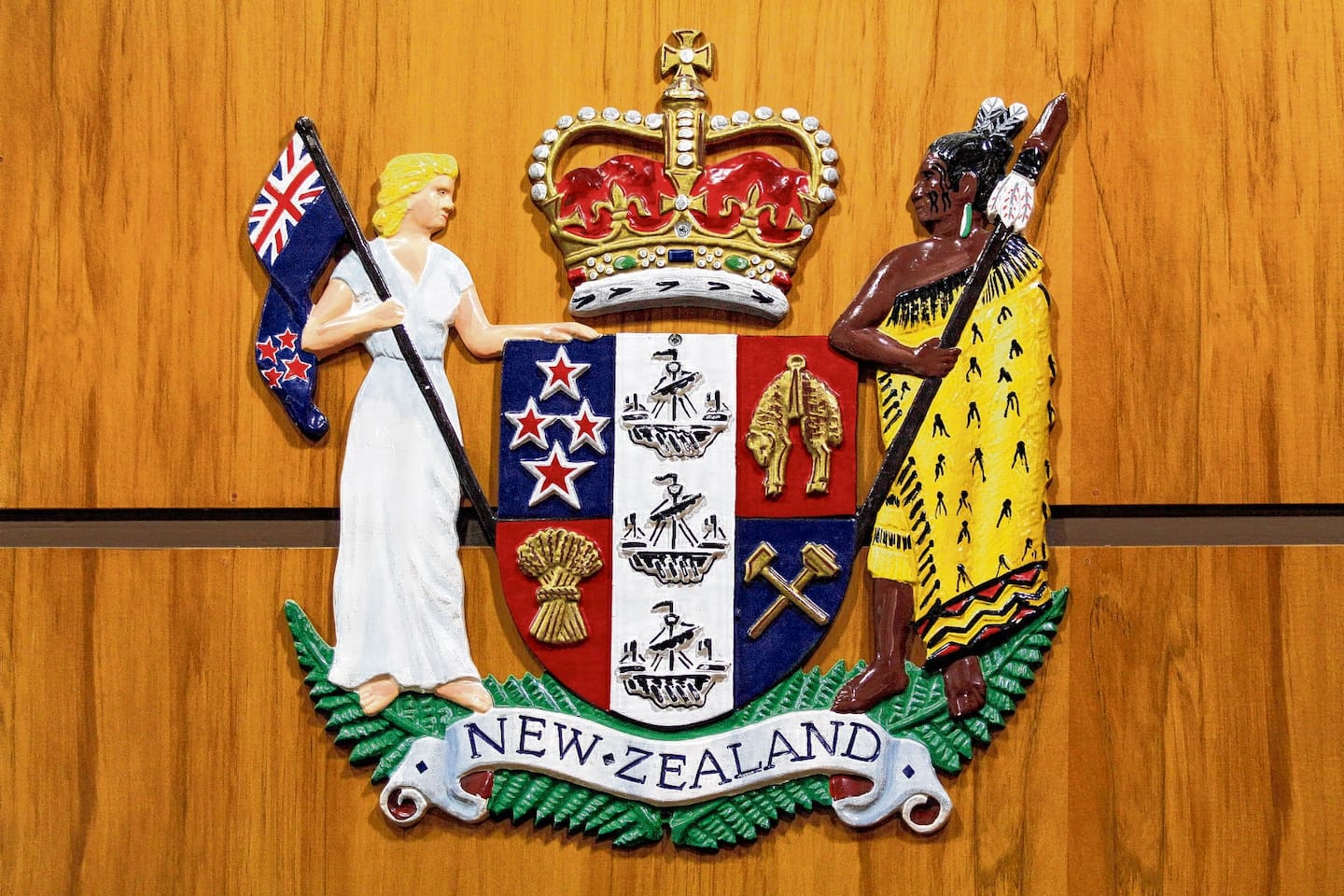

After the parents of a young girl with life-threatening leukaemia withdrew their consent for her to continue chemotherapy, government agencies began action in the court for orders over her guardianship.
This led to the family trying to leave the country with the girl the night before a court hearing.
A Supreme Court judgment made public this afternoon revealed details of the case, in which the girl’s parents reject “big pharma” treatments in favour of “natural and spiritual therapy”.
The names of the parents and their daughter cannot be published because of prohibitions in the Care of Children Act and the Family Court Act which protect children’s identities.
The age of the girl has also not been stated in the publicly released court documents.
However, the court decision said the girl had been diagnosed with B-cell acute lymphoblastic leukaemia, a form of cancer that develops in the bone marrow.
While she completed the initial courses of chemotherapy treatment, her parents withdrew their consent for continuing chemotherapy in January.

The child's father has turned to the Supreme Court to appeal High Court decisions ruling on the guardianship of the girl.
The hospital that had been treating her sent a report of concern to the child protection agency Oranga Tamariki in mid-February, after the girl had missed 28 days of oral chemotherapy and three injections which would have been administered by community nurses.
At a meeting at the hospital in late February, the girl’s mother explained that “she did not accept chemotherapy was required and it was her intention to treat [the girl] by natural and spiritual means”, according to the decision.
The girl’s father said he considered the motivation for using chemotherapy was driven by “big pharma” – a term used to describe collectively profit-motivated global pharmaceutical companies.
A doctor at the meeting explained that the medical team wanted to start treatment again three days later.
The mother said they would not agree to any more chemotherapy, and the family failed to make the appointment.
Health New Zealand Te Whatu Ora then began action in the High Court seeking various orders about the girl’s guardianship.
On the evening of March 5, the night before a scheduled court hearing, Health NZ made an urgent application to the High Court.
The agency had been advised that the girl, her mother and various other family members were booked on international flights due to leave Auckland that night “with an overseas destination in mind”.
An interim order was made to prevent this.
Health NZ and Oranga Tamariki (OT) then sought amended orders to give OT the power to take the girl away from her family and place her at a location approved by its chief executive.
The High Court declined to make these “invasive” orders, with the judge saying it would be a “very draconian order potentially applying for a long time” in the young child’s life.
The judge did not consider it necessary to take the girl away from her family, given her mother’s commitment, by the end of the court hearing, that she would comply if treatment was the only option.
The subsequent High Court order placed the girl under the guardianship of the court until the completion of her medical treatment, or for three years, whichever is the earliest.
Hospital clinicians were appointed her “agents” for the purpose of consenting to treatment.
OT was appointed as an agent to ensure that she received that treatment and, if the parents did not facilitate this, to “uplift and place her at another location where treatment would be assured”.
The parents were to remain agents in all other respects.
The High Court judge acknowledged that there were genuine concerns about the risks of chemotherapy, and that the girl’s health had outwardly improved since chemotherapy stopped.
However, the judge also said that she needed the ongoing medical treatment “to save her life”.
If that were followed, her prognosis was good.
The girl’s father then sought leave to appeal directly to the Supreme Court, rather than the Court of Appeal, against the High Court orders.
He said the proceedings were rushed and cross-examination curtailed.
The father noted that the girl’s mother raised arguments about matters such as the court’s jurisdiction and the “legality of forced treatment”.
The Supreme Court, in its decision released today, said it had to be satisfied that there were exceptional circumstances to justify a direct appeal that bypassed the Court of Appeal.
“That test is not met here,” the Supreme Court justices said.
“While the matters raised are obviously important issues, particularly for the family, there is no good reason advanced why the Court of Appeal could not deal with the matter and in an appropriate timeframe.”
The father’s application for leave to appeal was dismissed.
Ric Stevens spent many years working for the former New Zealand Press Association news agency, including as a political reporter at Parliament, before holding senior positions at various daily newspapers. He joined ľĹŇ»ĐÇżŐÎŢĎŢ’s Open Justice team in 2022 and is based in Hawke’s Bay.

Take your Radio, Podcasts and Music with you
Get the iHeart App
Get more of the radio, music and podcasts you love with the FREE iHeartRadio app. Scan the QR code to download now.
Download from the app stores
Stream unlimited music, thousands of radio stations and podcasts all in one app. iHeartRadio is easy to use and all FREE









